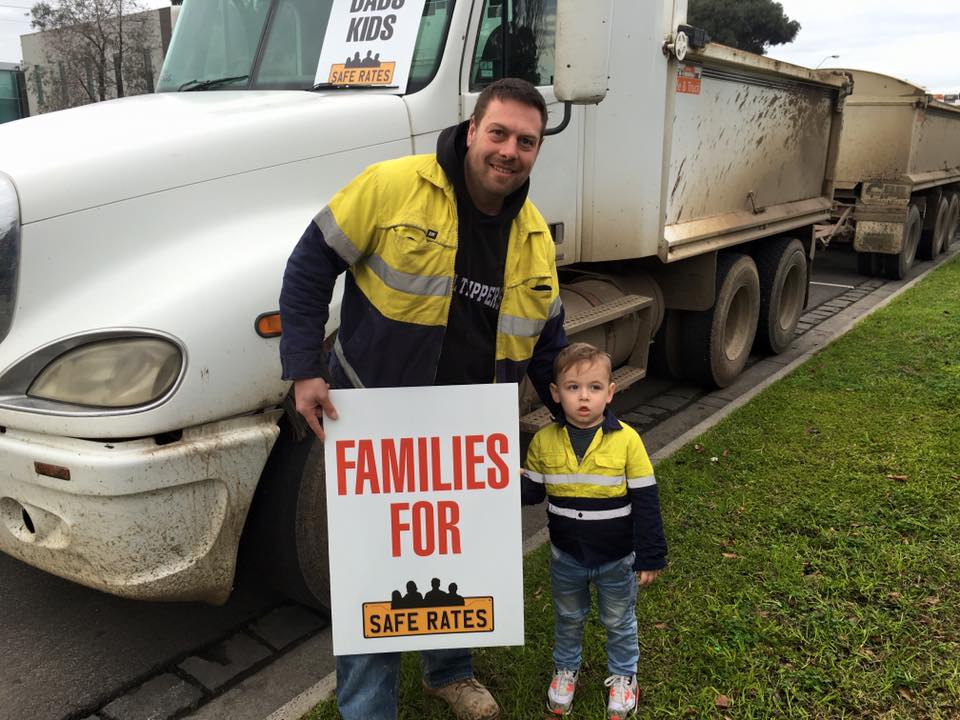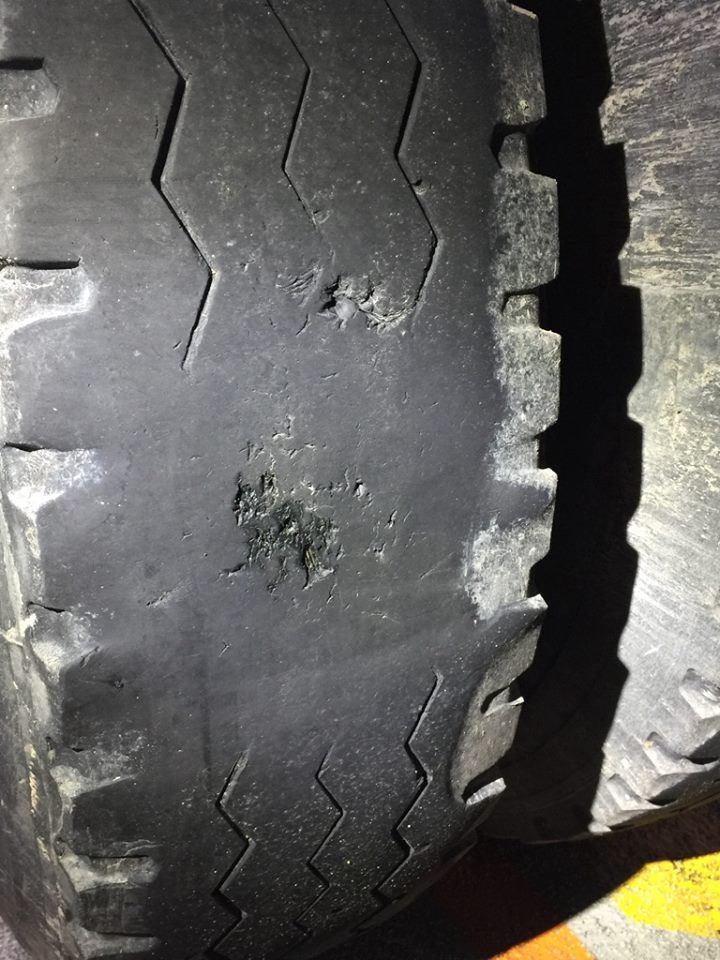The TWU places such high priority on workplace safety because, in the transportation sector more than any other across the Australian community, it means the difference between life and death.
Tragically, Safe Work Australia statistics for 2016 show, out of a total of 176 work-related deaths Australia-wide last year, 63 lives were lost from the transport industry.
Many were truck drivers who became victims of the pressures placed on them for simply doing what we all try to do – earn a crust and look after the family.
This horrible waste of life was a theme of the 2017 TWU Safety Summit – organised by the national arm of the TWU and held in Sydney last week – which brought together truck drivers, international Union voices, industry, politicians and academics to devise ways to deal with the crisis in trucking.
The summit was told about the barrage of problems faced by many truck drivers on a daily basis.
However, new independent academic research – presented to attendees – found a very worrying trend.
Namely, the number of drivers working long and dangerous hours – some over 80 hours a week – and carrying unsafe loads to avoid losing their jobs is on the increase. These drivers also must do other counterproductive things like queue for many unpaid hours to load and unload, skip mandatory rest breaks, speed and cut back on maintenance.
The research quoted drivers admitting to falsification of work diaries and not reporting safety breaches for fear of losing work and transport companies turning a blind eye to bending of road rules. It truly is an industry in crisis.
And to be clear. In the 10 years to 2014 over 2,500 truck drivers and other road users died in truck crashes. And trucks account for only two-per-cent of registered vehicles in Australia, yet they are involved in 16-per-cent of all traffic accidents.
Report co-author, Professor Louise Thornthwaite from Macquarie University’s Centre for Workplace Futures, said the number one solution to most of these issues was for those at the top of the chain of responsibility to be held accountable for safety.
This echoes what the TWU have been saying for years – that safety-related issues will never be solved while all the pressure is heaped on the drivers at the bottom of the chain and not transport companies and management and clients of these companies.
There was a solution in place for a short time until it was torn down by the Coalition Government early last year – the Road Safety Remuneration Tribunal which was created in 2012 after a 2008 report by the National Transport Commission found a link between pay and safety outcomes for truck drivers.
The tribunal was tasked to do what no other body had ever been asked to do: hold wealthy retailers and manufacturers to account for safety in their supply chains by breaking the link between low-cost contracts and dangerous practices.
The supply chain currently pits safety-minded transport operators who employ experienced, trained drivers against operators who cut corners and force drivers to take risks.
We are fighting this battle on two fronts at the moment and I encourage members to have a look at a summary of this Branch’s submission to the Andrews Government Review of Owner Driver Regulations.
Too many members, workmates and loved ones are not making it home as a result of this draconian situation across the trucking industry.
It is not go enough and, because what we do today about enhancing safety management determines whether the people we work with live or die tomorrow, we will never stop fighting until we have removed all rogue elements from the industry.
Trucks with tyres like this are sharing our roads, as @nswpolice found in a raid last week.




